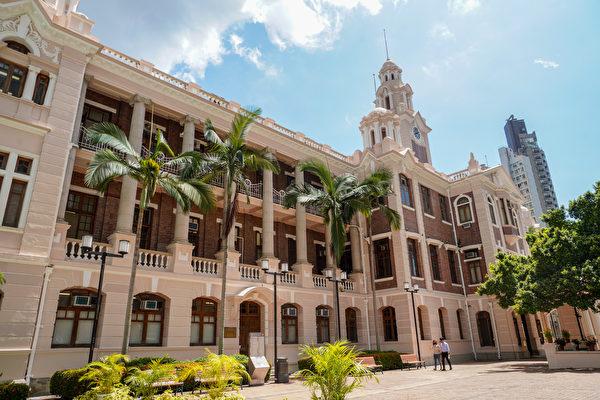China’s largest credit card brand UnionPay has reportedly suspended its negotiations with Russian banks on issuing new bank cards for their customers over fear of Western sanctions.
According to The Moscow Times, the Chinese credit processor has recently halted talks with some major Russian lenders, including Sberbank, Russia’s largest bank by assets, due to concerns about being implicated in “secondary sanctions.”





